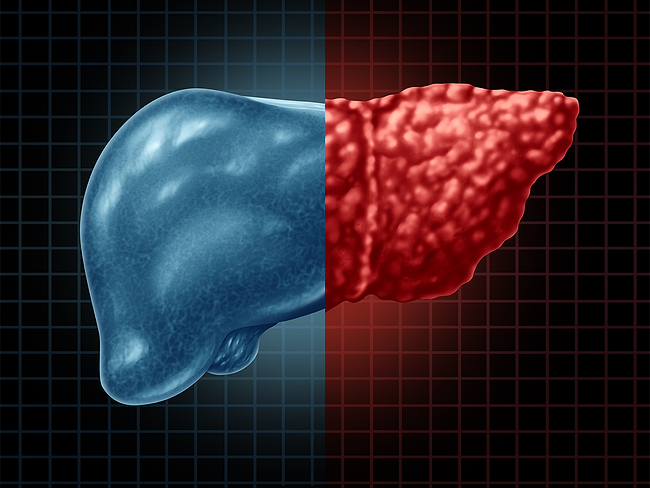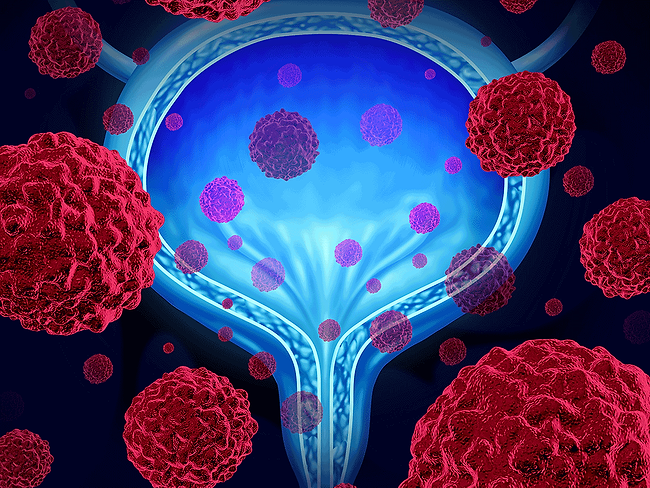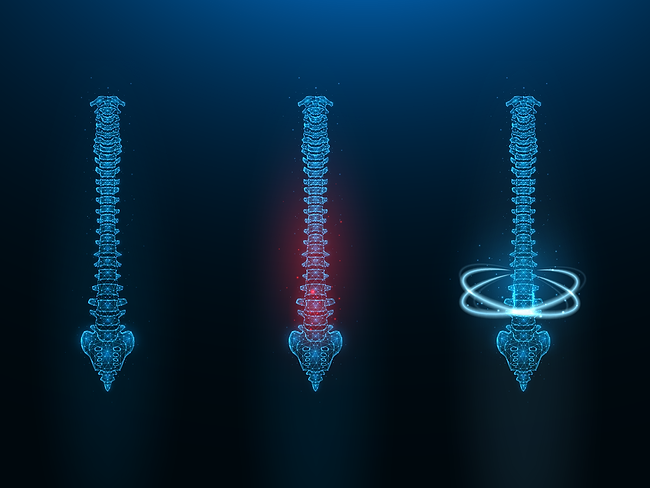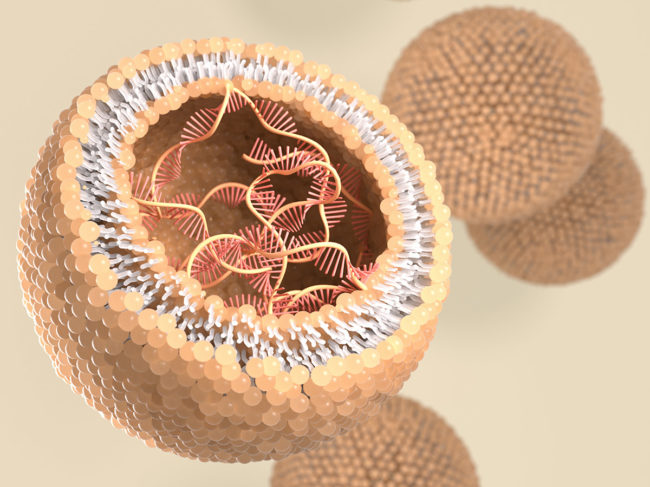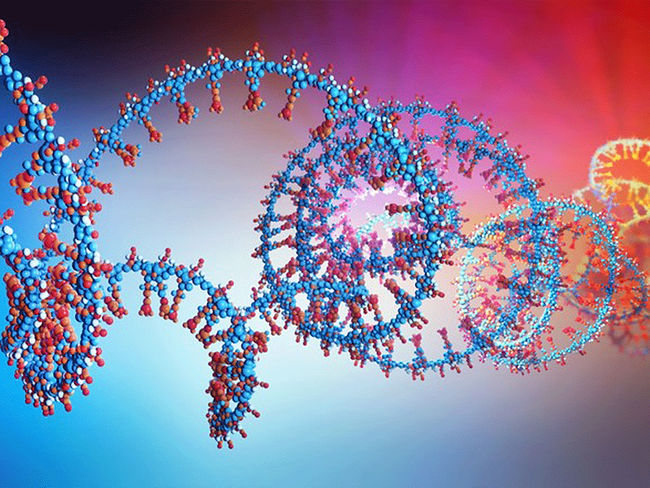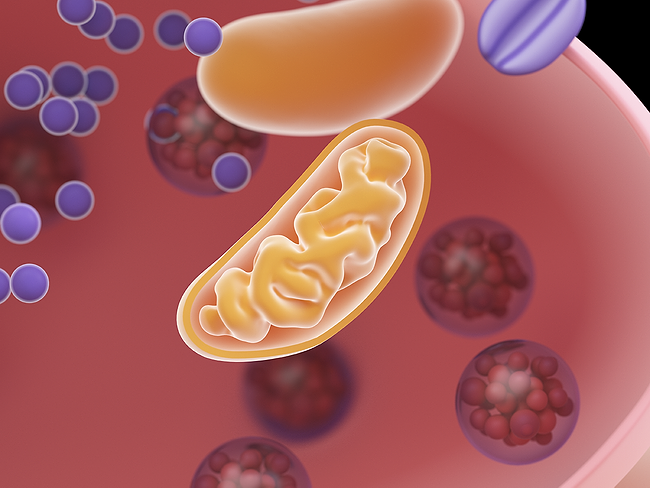
RNA
Neurology/Psychiatric
Nurexone reports new siRNA sequences with potential for spinal cord injury
Read MoreDrug Design, Drug Delivery & Technologies
Deep Genomics announces AI foundation model for RNA
Read MoreNeurology/Psychiatric
Reduced RNA editing reveals mitochondrial dysfunction in schizophrenia
Read MoreNeurology/Psychiatric
